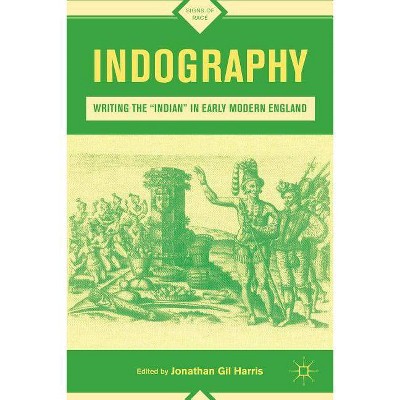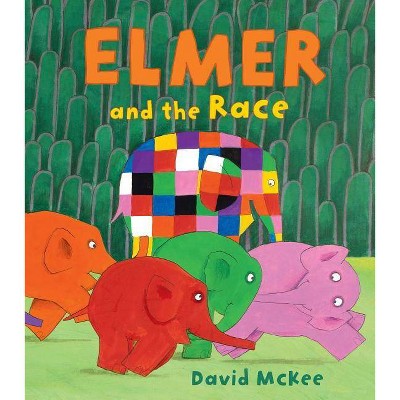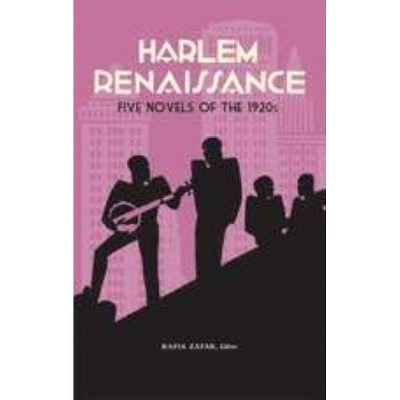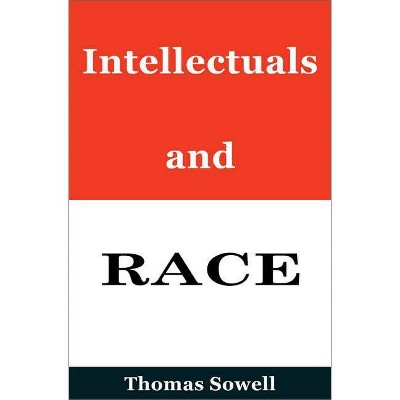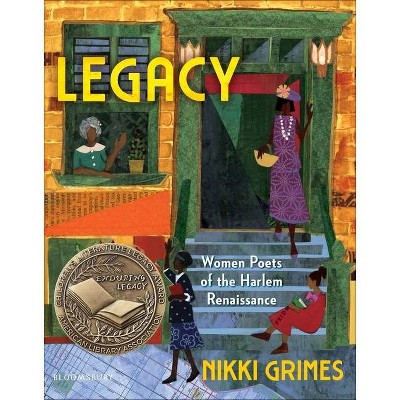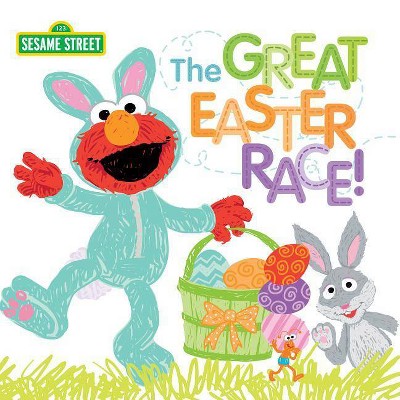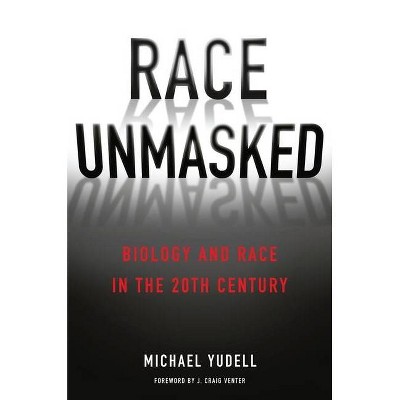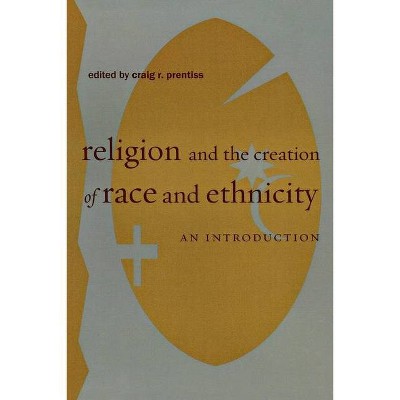Race and Nature from Transcendentalism to the Harlem Renaissance - (Signs of Race) by P Outka (Hardcover)
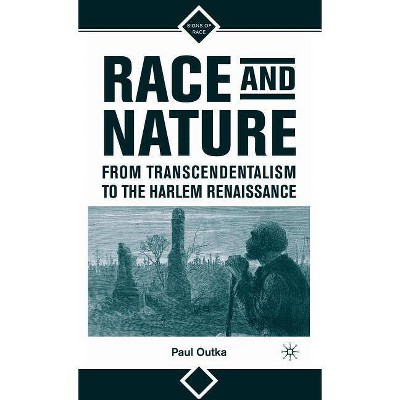
Similar Products
Products of same category from the store
AllProduct info
<p/><br></br><p><b> Book Synopsis </b></p></br></br>**Winner of the 2009 Biennial Prize for Ecocriticism from the Association for the Study of Literature and the Environment!** Race and Nature from Transcendentalism to the Harlem Renaissance examines a neglected but centrally important issue in critical race studies and ecocriticism: how natural experience became racialized in America from the antebellum period through the early twentieth-century. Drawing on theories of sublimity and trauma the book offers a critical and cultural history of the racial fault line in American environmentalism that to this day divides largely white wilderness preservation groups and the largely minority environmental justice movement. Outka offers a detailed exploration of the historically fraught relation between the construction of natural experience and of white and black racial identity. In denaturalizing race and racializing nature, the book bridges race theory and ecocriticism in a way vitally important to both disciplines.<p/><br></br><p><b> Review Quotes </b></p></br></br><br><p>"Exciting, often brilliant readings...Outka has made a major contribution to the fields of ecocriticism and race studies, revealing much of their mutual interest." - Interdisciplinary Studies in Literature and Environment</p> <p>"At each stopping point, the book sparkles with fascinating insights...powerfully provocative." - Journal of American Ethnic History</p> <p>"Outka's book sets a new precedent for important work to be done in articulating ecocriticism with African-American literature and other related fields." - Journal of Ecocriticism</p> <p>"The most theoretically ambitious and historically inclusive coordinated assessment to date of the traditional ecocritical canon in relation to African-American writing." - Lawrence Buell, Powell M. Cabot Professor of American Literature, Harvard University, USA and author of The Environmental Imagination and Writing for an Endangered World</p> <p>"This book has the potential to change ecocritical scholarship, and perhaps even American environmental thinking, for the better. It promises to wake us up to the ways race and nature are deeply entangled in American history and ideology. When we can see the majestic mountain, says Outka, as well as the 'strange fruit' hanging from the tree when we can see that white relationship to nature has its roots in the Romantic sublime, while African American relationship to nature has it roots in the traumatic racism of slavery and its aftermath, then we can begin, as scholars and environmentalists, to embrace the true complexity of the American landscape." - Gretchen Legler, Professor, Department of Humanities, BFA Program in Creative Writing, University of Maine at Farmington, USA</p> <p>"A very important book. It will significantly advance the discussion of environmental justice. I strongly recommend it." - James H. Cone, Charles Augustus Briggs Distinguished Professor of Systematic Theology, Union Theological Seminary, USA</p><br><p/><br></br><p><b> About the Author </b></p></br></br>PAUL OUTKA is Assistant Professor of English, Florida State University. He has published essays on nineteenth- and twentieth-century U.S. literature and culture with a particular focus on poetry, race, and the natural environment.
Price History
Price Archive shows prices from various stores, lets you see history and find the cheapest. There is no actual sale on the website. For all support, inquiry and suggestion messages communication@pricearchive.us
